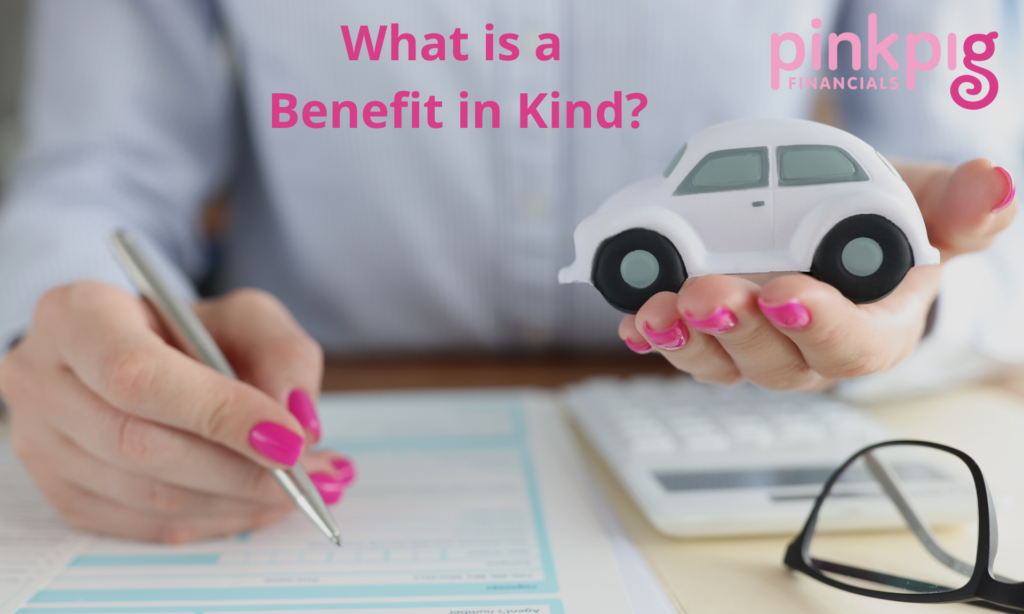If you employ people in your business, it’s likely you’ve heard the term “benefit in kind” batted around. It’s defined as…
“A benefit in kind is any non-cash benefit of monetary value that you provide for your employee” – But what does that actually mean?
Essentially it’s when a company provides employees with job “perks” in addition to their normal salary. These “perks” have a cash value and make up an employee’s total earnings.
The company will be paying for something for an employee (or a company director!), and there is an element of private use. It may be that there’s both business and private use, however this would still be a benefit in kind.
Employees need to pay income tax on the value of the benefit, and Employers need to pay national insurance at 13.8% on it.
Common examples you may have already come across include:
- Company cars
- Fuel benefit
- Private medical insurance
- Certain types of life insurance
- Company assets made available for private use
- Employee loans exceeding £10,000, provided at a beneficial rate of interest (or even interest free!)
What is a P11D?
Employers need to report these benefits to HMRC annually. You’ll need to complete form P11D and P11D(b).
You’ll complete a P11D form for each employee with a benefit in kind, the employee should receive a copy of this as they will need it to complete their own personal tax return.
The company will complete a single P11D(b) form, this shows the total national insurance they need to pay on all of the benefits provided to the employees.
The deadline for reporting benefits in kind is 6th July of the following tax year. So for the tax year ending 05 April 2022, employers have until 06 July 2022 to report the benefits, and pay the national insurance.
You can also opt to tax employee benefits through payroll, this can simplify the way it’s reported to HMRC. You can read more about this in our other blog: Why you should consider payrolling benefits in kind.
I hope this helps with understanding what a benefit in kind is! The rules on taxable benefits are quite nuanced, some benefits are exempt, and the tax on company cars can vary so much depending on the type of vehicle. If you’re thinking of offering any extra benefits to your employees, it’s always good to have a chat with us first.
Here at PPF we are always ready to help answer your questions and explain ways to (legally) lower your tax bill! Want to find out more? Check out our YouTube channel for our Advice & Tax Tips or get in touch to explore working with us further!

